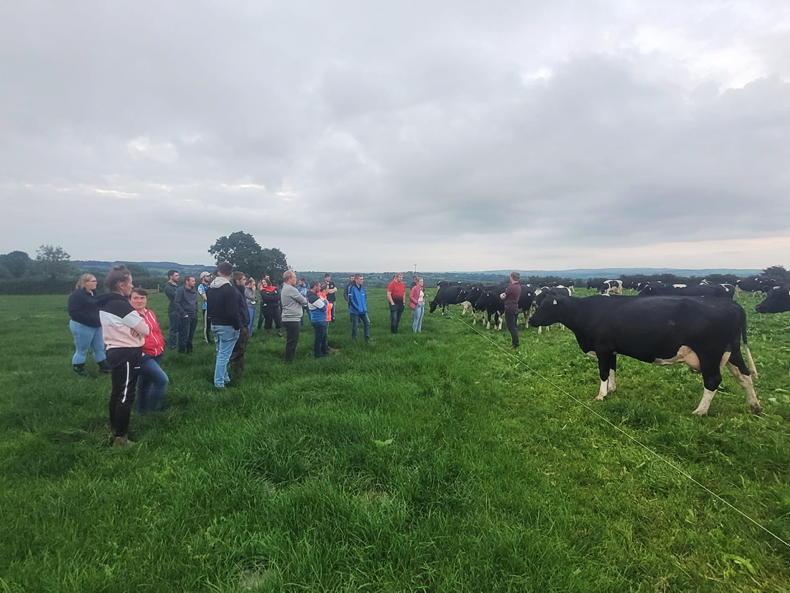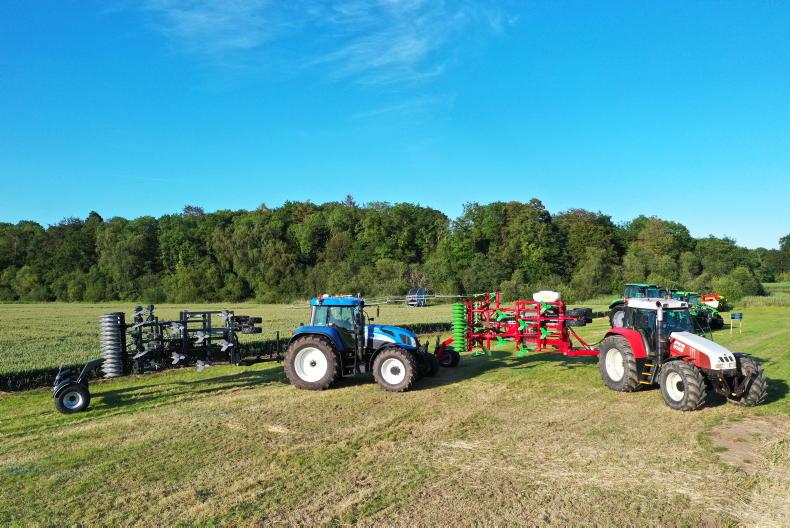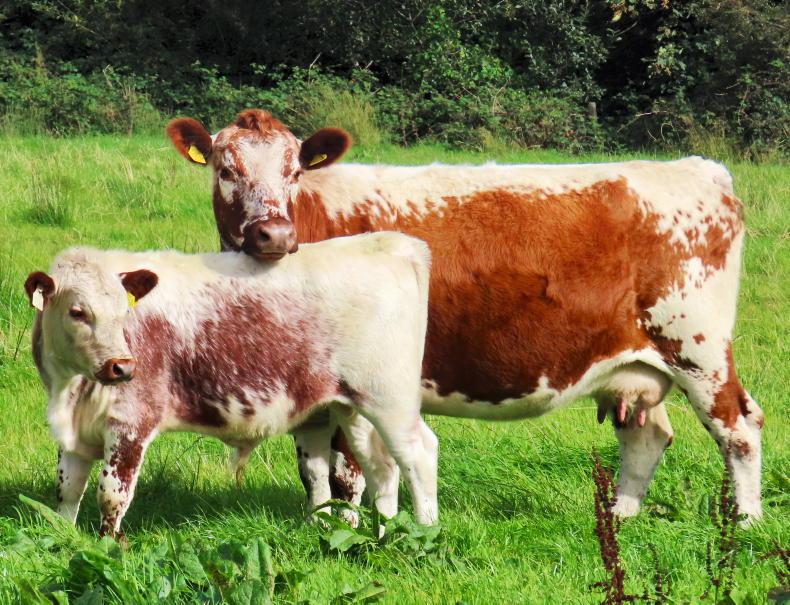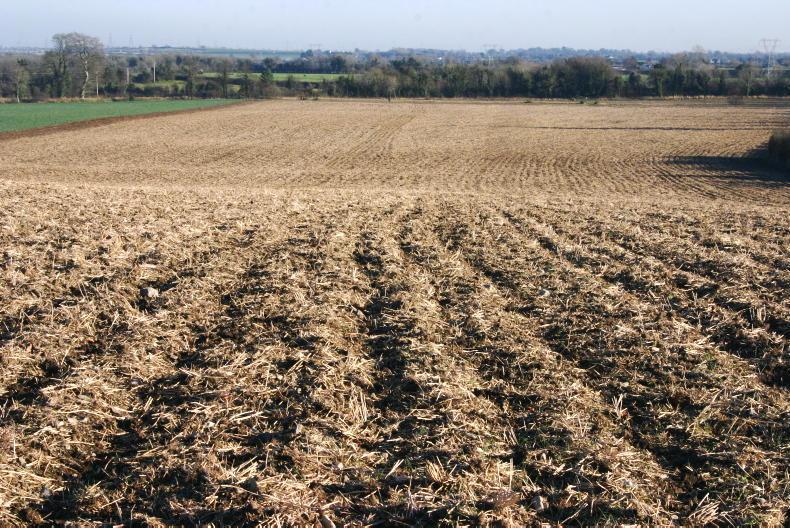The Macra farm walk and talks gathered member feedback on the recent draft Nitrates Action Programme.
Some 200 members were in attendance, with plenty of discussion and feedback reported.
A nitrates consultation was also held on 16 September.
There was good discussion held and members had the opportunity to voice their concerns around key topics including soiled water storage, the lengthening of the closed period and the banding of dairy cattle.
Water quality
The Nitrates Action Programme was designed to protect and improve water quality and prevent pollution of waters from agricultural sources.
When young farmers were surveyed at the farm walks, they rated water quality at 7.8 on a scale rated up to 10 in terms of the level of importance water quality has in the management of their farms.
Macra na Feirme members recognise the excellent work being conducted by the ASSAP programme and are in favour of the extension of this programme into the future.
Soiled water storage
Macra na Feirme rejects the calls that soil water and slurry cannot be mixed together.
There is a need for flexibility around the soiled water storage requirements, so that if there is sufficient space for both soiled water and slurry within the same tank, this is permitted, because the planning, cost and hardship involved with creating two separate tanks when there is sufficient storage in one must not be underestimated.
Banding of dairy cattle
The banding of dairy cattle is seen by some members of Macra na Feirme as the new quota. Macra na Feirme surveyed members on whether they thought the proposed banding was an appropriate measure, with 56% of those surveyed answering no.
Slurry storage and closed period
Some 80% of young farmers surveyed said that they have sufficient slurry storage currently on their farms, while 16% of those surveyed planned to add storage and 4% did not currently have sufficient storage.
Green cover
The tillage sector is highly dependent on the weather and the availability of labour and machinery. The proposed requirement of shallow cultivation within seven days post-harvest may not always be possible for farmers due to their dependency on what was outlined above.
More flexibility is needed to allow for the variables. A proposal of cultivation within 21 days is much more feasible for tillage farmers.










SHARING OPTIONS